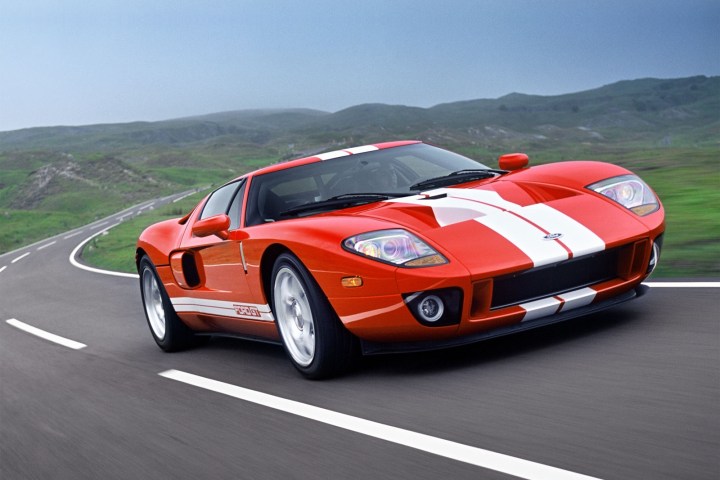
Ford has just announced that an additional 816,309 of its vehicles have been recalled due to faulty Takata airbags. The airbags can expel bits of shrapnel, potentially causing injury or death.
This development follows last summer’s massive recall that affected 1.9 million cars. This recall specifically pertains to passenger front airbags in Ford, Lincoln, and Mercury branded vehicles. Of the total number of vehicles, more than 75 percent were made in the U.S., with the rest built in Canada. And it’s not just exotic supercars that were affected — cars, trucks and SUVs are also being recalled.
The vehicles include:
2005-09 and 2012 Ford Mustang
2005-06 Ford GT
2006-09 and 2012 Ford Fusion
2007-09 Ford Ranger
2007-09 Ford Edge
2006-09 and 2012 Lincoln Zephyr and Lincoln MKZ
2007-09 Lincoln MKX
2006-09 Mercury Milan
Owners should be receiving a call from Ford soon, and will then be able to go to a dealership to get their airbags replaced at no additional cost. Owners can also enter their VIN number on its Safety and Recalls page to see if their vehicles were affected. The reference number for the recall is 17S01.
The Takata recall turned the automotive world upside-down when the company announced in 2013 that 3.6 million vehicles were being recalled for faulty airbags. Fast-forward to 2015, and that number mushroomed to more than 40 million. As of now, regulators believe there are 85 million vehicles out there with potentially defective Takata airbags. While the Takata recall came to light in 2013, estimates show that the problem could have started as early as 2001. There were blips of this issue popping up between 2001 and 2013, with at least 20 recalls being made due to faulty Takata airbags. To date, 11 deaths and 180 injuries have been linked to Takata airbags.
If you, or anyone you know, own a potentially affected vehicle, direct them to the National Highway Traffic Safety Administration website immediately.
Editors' Recommendations
- Ford recalls nearly 1.9 million Explorer SUVs over safety issue
- Ford recalls more than half a million SUVs over fire risk
- Ford recalls over half a million vehicles over safety issues
- GM expands recall to all Chevy Bolt EVs due to fire risk
- GM to recall 6 million vehicles in U.S. over Takata airbag issue


